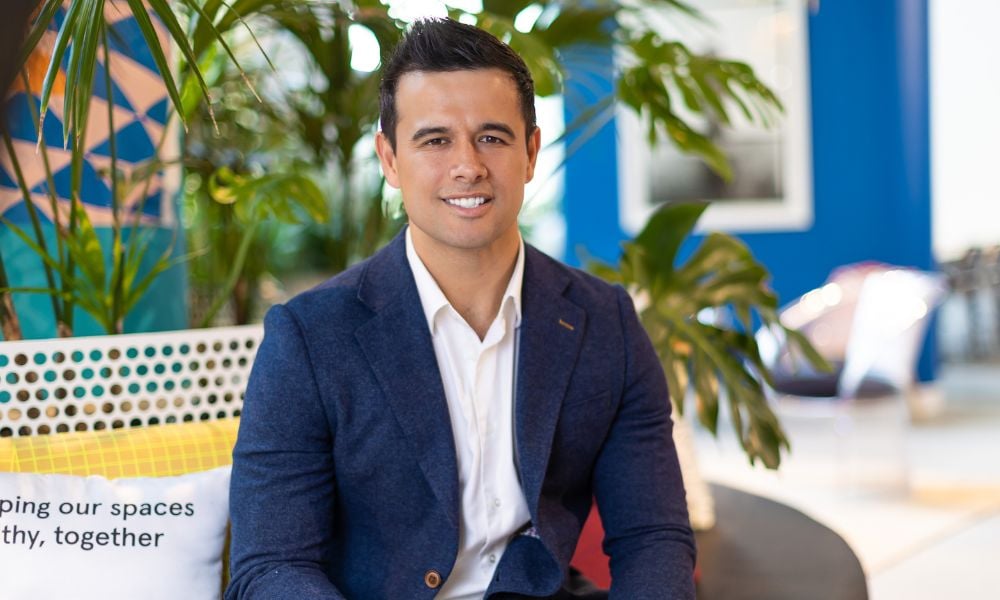
Country head of global recruitment solution firm Deel talks about importance of trust when managing remote workforce

Shannon Karaka’s father was a working-class man who worked long hours, leaving his mum to tend to the six boys. “She had a lot on her plate, so I was sort of forced into that position of being an older brother, taking the kids to school and rugby,” he explained.
Rugby became a sport the brothers bonded over throughout their lives and Karaka held several leadership positions throughout the various teams he played for during his rugby career. “It’s quite a competitive sport, you have to be a leader, you have to think on your feet, and you have to make difficult decisions on the field,” said Karaka.
“I think helping my brothers grow and develop and the rugby experience combined, naturally transitioned over to my professional life,” he added, “but I’ve always been a confident person and good at communicating, two traits that are required to be an effective leader.”
A successful career in technology sales for large companies like Google and Salesforce eventually led to Karaka securing his first leadership position at fintech company OFX. He was sent from the Sydney office to the London office to develop and train the FX team based there. “That experience really fostered my career and the rest of my journey from a leadership perspective,” said Karaka stating that leadership for him starts and finishes with trust.
“I think trust is the most important thing in being a leader, especially with the current market conditions,” said Karaka whose organisation Deel, offers a remote-first, office-less, hybrid model to its 1,800 employees who work across 80 countries.
“With remote and distributed teams, you have to trust that your team members are doing their job while you’re not watching and monitoring them, and in turn, they have to trust that you’ve got their back,” said Karaka.
At the end of last year, 25% of the global workforce was said to be working remotely and Karaka believes that the trend won’t be slowing but will continue to evolve.
“Moving into the future, we’re going to see the evolution of ‘work from home’ to ‘work from anywhere”, said Karaka. “More and more people will demand flexibility; the rise of the digital nomad will continue throughout 2023 and will only increase over time because technology has now enabled us to do it and we’ve now realised that we can do it.”
While Karaka champions the remote workforce, he also stresses the importance of face-to-face contact. Deel has a global partnership with the co-working space company We Work, meaning Deel employees regularly catch up face to face.
“We do understand the importance of face-to-face connection and interaction and it’s really important to do that because working in a distributed team can be very lonely,” said Karaka who runs We Work Fridays, an initiative that sees the whole team descending on the co-working space so they can catch up in person once a week.”